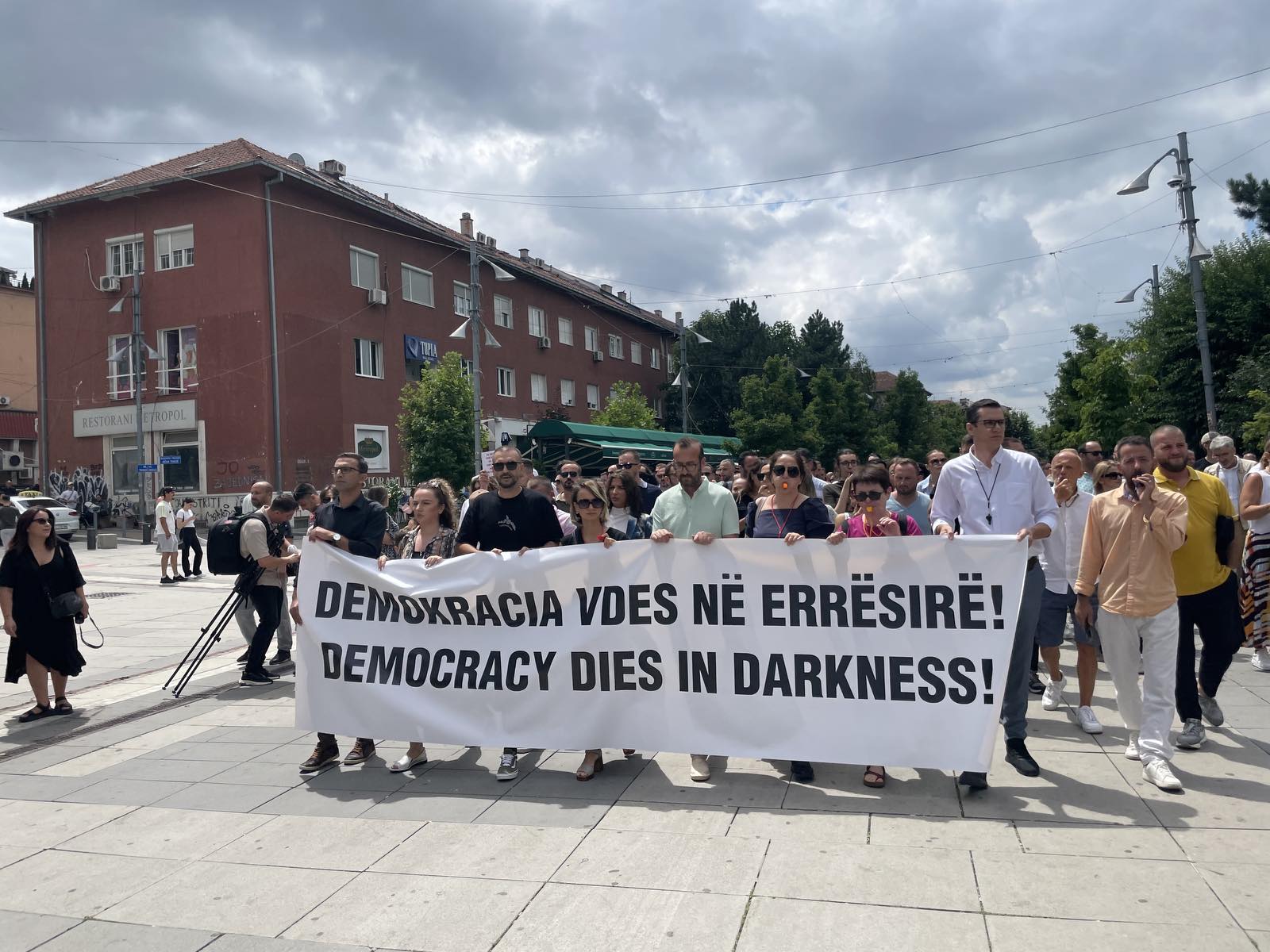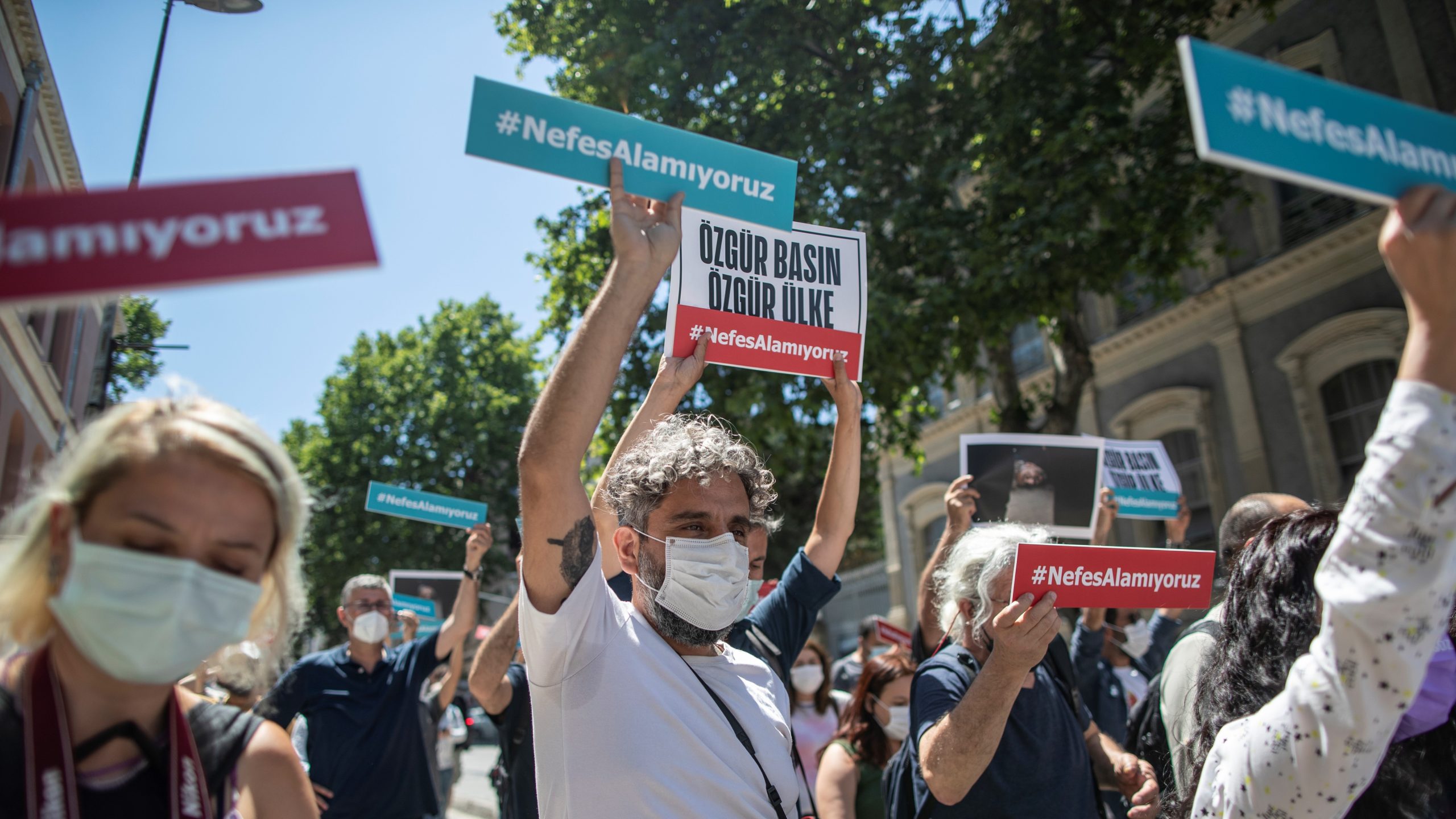Pristina Basic Court on Friday annulled a decision made by the Independent Media Commission, IMC in January 2021, which issued a warning to BIRN Kosovo’s television programme ‘Jeta ne Kosove’ over its investigation into a businessman’s monopolistic practices.
The investigation, entitled ‘Unclean Energy: The Kosovar Who Would Own the Sun’, showed how businessman Blerim Devolli was behind six companies reaping millions of euros from the sale of solar energy in violation of anti-monopoly rules.
It was aired by public broadcaster Radio Television of Kosovo, RTK, which was screening BIRN Kosovo’s ‘Jeta ne Kosove’ programme.
This prompted Devolli’s complain to the IMC, the institution responsible for the regulation, management and oversight of broadcasters in Kosovo. Devolli claimed that the programme used hate speech and violated the IMC’s code of ethics for audiovisual media providers.
The investigation carried out by Visar Prebreza and Jeta Xharra revealed a scheme in which shell companies owned by Devolli registered in Malta would have benefited from incentive tariffs for the production of solar energy, breaking anti-monopoly rules by hiding the real owner of the companies.
In the Pristina court verdict, judge Anita Nikqi-Morina concluded that the programme show was “fully in line with the code of ethics”.
The court also found that IMC’s decision “was not properly justified” and it “did not correctly establish the factual situation”.
The verdict said that the language used in the programme “does not seem to constitute an insult because the language used is sarcastic”.
The court also found that IMC’s decision to reprimand RTK and ‘Jeta ne Kosove’ contradicts guarantees of freedom of expression in Kosovo’s constitution and the practices of the European Court of Human Rights.
In 2021, BIRN filed a lawsuit at Pristina Basic Court against IMC’s decision, describing it as Strategic Lawsuit Against Public Participation or SLAPP and requested its annulment.
The case was taken to the court only after the IMC’s Board of Complaints rejected BIRN’s complaint and upheld the main points in the IMC board’s initial decision.
The IMC’s reprimand was one of the reasons behind RTK’s management decision to stop airing the ‘Jeta ne Kosove’ programme, ending its 15-year run on RTK.
For more details on the legal battle, read Prishtina Insight’s article here.




